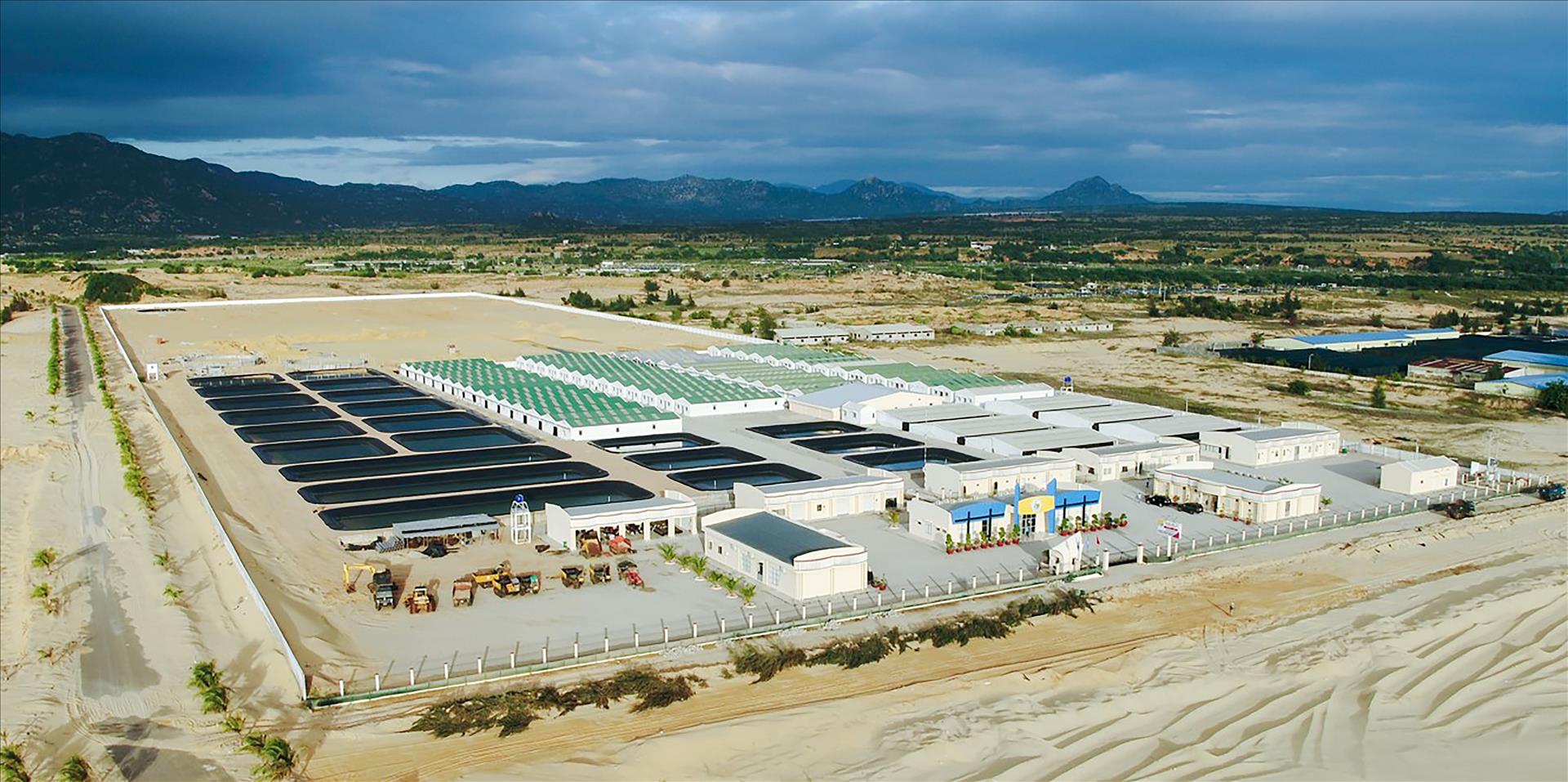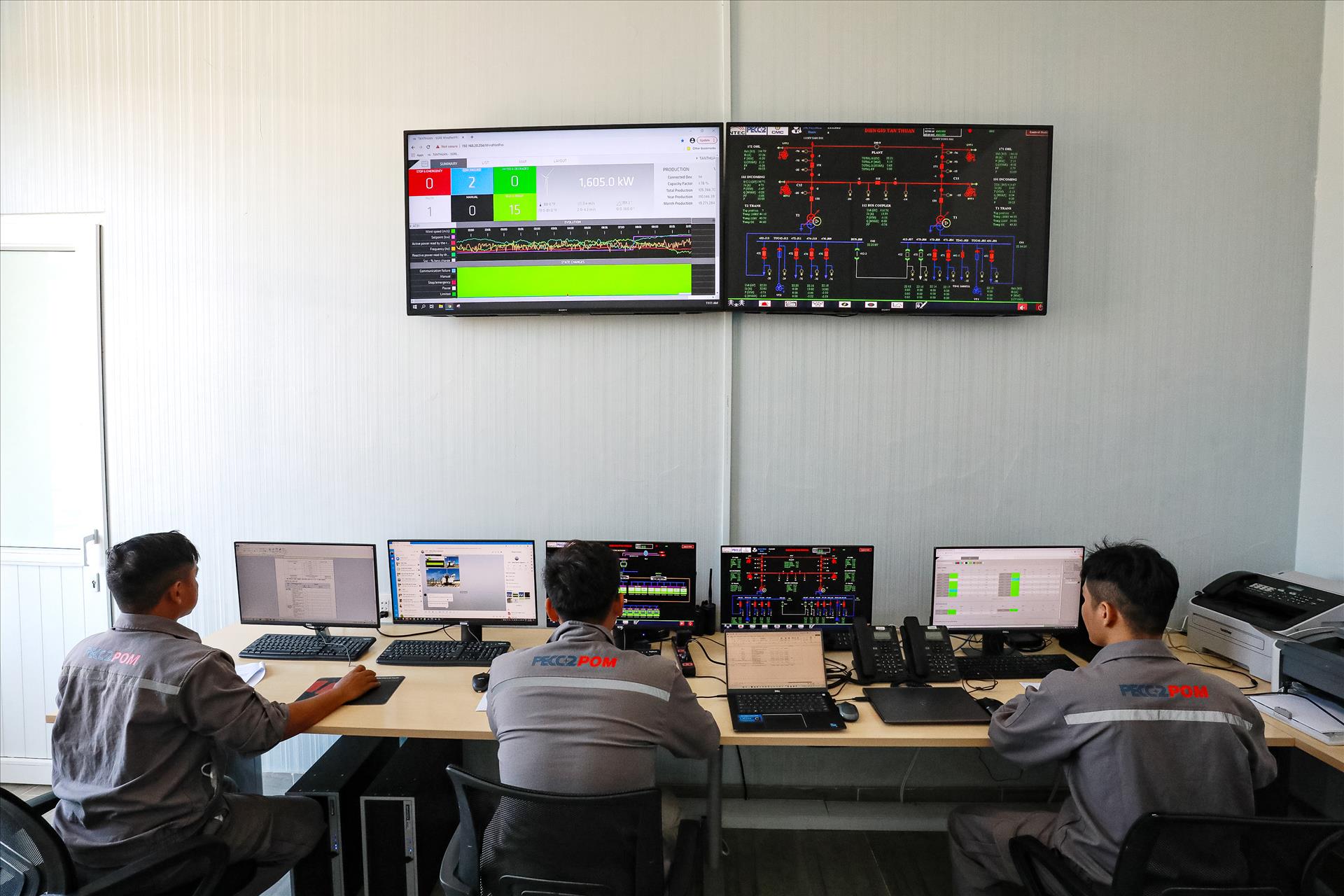Making the Private Sector a Key Engine for Growth
At present, nearly one million enterprises are operating within the country. The private sector has consistently maintained a relatively high growth rate and is the largest contributor to the economy, accounting for approximately 50% of GDP. From 2017 to 2024, it employed an average of over 43.5 million workers, representing more than 82% of the total employed workforce in the country. In 2024 alone, the private sector contributed 56% of the total social investment, over 30% of the state budget revenue, and approximately 30% of the country’s total import-export value. Notably, the private sector has been a dynamic force in technological innovation and the creation of new products and services. The community of entrepreneurs continues to grow stronger and more influential.
According to Prime Minister Pham Minh Chinh, the private sector still faces various limitations and challenges. Its potential and internal strengths have not been fully harnessed, and its contribution to the national economy remains inadequate.
Resolution No.68-NQ/TW sends a strong political message to the business community, household enterprises, and the public: the State will play an enabling role, businesses will be at the center, and developing the private economy is a long-term strategic priority, not just a temporary solution.
Dr. Vo Tri Thanh, Director of the Institute for Brand and Competition Strategy
Resolution No. 68-NQ/TW puts forward five guiding viewpoints that mark a breakthrough in the development of the private economy. Most notably, the private sector is recognized as one of the most important driving forces of the national economy. Rapid, sustainable, efficient and high-quality development of the private economy is both an urgent and long-term strategic task. There is a need to eliminate outdated perceptions, prejudices and attitudes towards the private economy and to regard entrepreneurs as soldiers on the economic front. A transparent and open business environment must be created to ensure regional and global competitiveness, foster entrepreneurship and promote lawful wealth creation and national contributions. There is also the need to enhance the leading role of the Party and the facilitating role of the State, with businesses at the center and to encourage and laud the development of a strong class of entrepreneurs.
The resolution sets a target that by 2030, Vietnam will have two million businesses operating within the country, with 20 businesses/1,000 people. At least 20 large enterprises are expected to participate in global value chains. The private sector is projected to contribute approximately 55-58% of GDP, 35-40% of total state budget revenue, and generate employment for about 84-85% of the total workforce. In terms of technology, innovation, and digital transformation, Vietnam’s private sector aims to rank among the top three in ASEAN and the top five in Asia.
Looking ahead to 2045, Vietnam aims to build a rapid, strong, and sustainable private sector that actively participates in global production and supply chains; high regional and international competitiveness and a goal of having at least three million enterprises operating in the country by 2045, contributing over 60% of GDP.
To boost private sector growth, the Government’s Action Program outlines eight tasks and solution groups reflecting a spirit of renewal, breakthrough and vigorous reform. The program is closely aligned with Vietnam’s three strategic breakthroughs, institutional reform, human capital development, and infrastructure and forms part of a broader policy framework anchored in four key Politburo Resolutions. This strategic quartet focuses on advancing science and technology, fostering innovation and digital transformation, deepening international integration, strengthening legal development and enforcement, and promoting private sector growth.
Story: VNP Photos: VNP Translated by Nguyen Tuoi











